Hello again, Linux Academy and Jupiter Broadcasting friends! I am writing to you on my trip back from Barcelona, Spain!
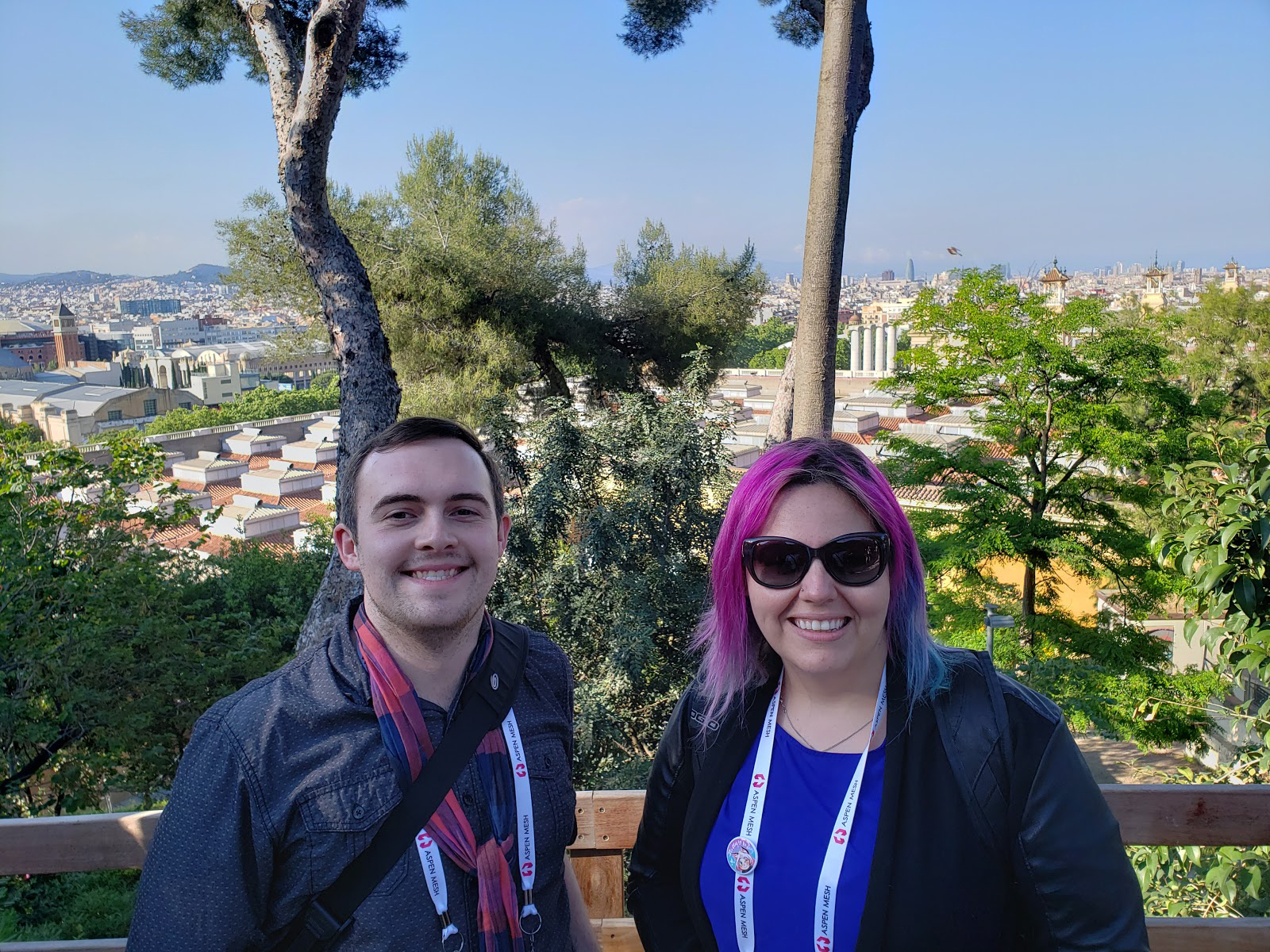

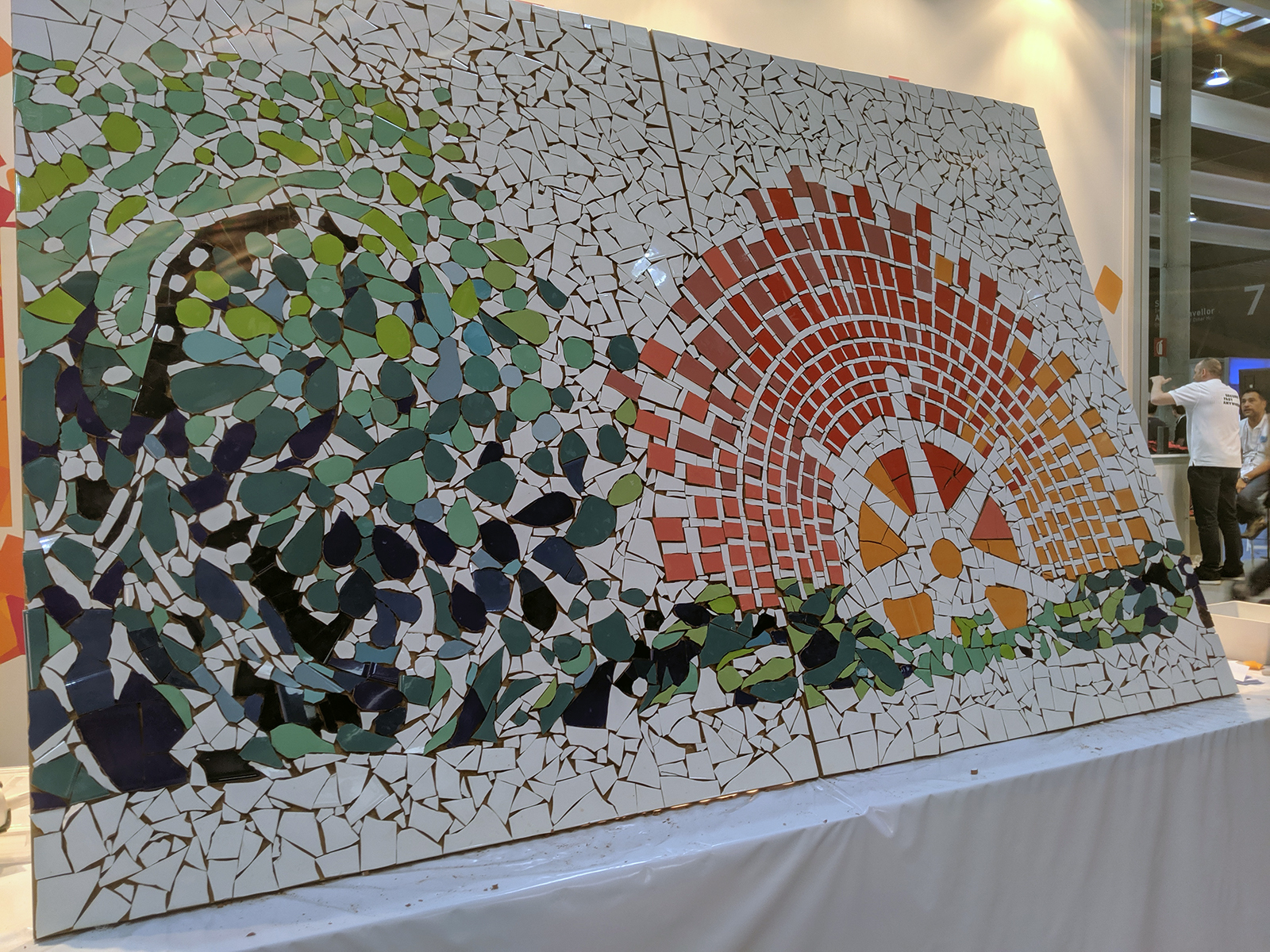
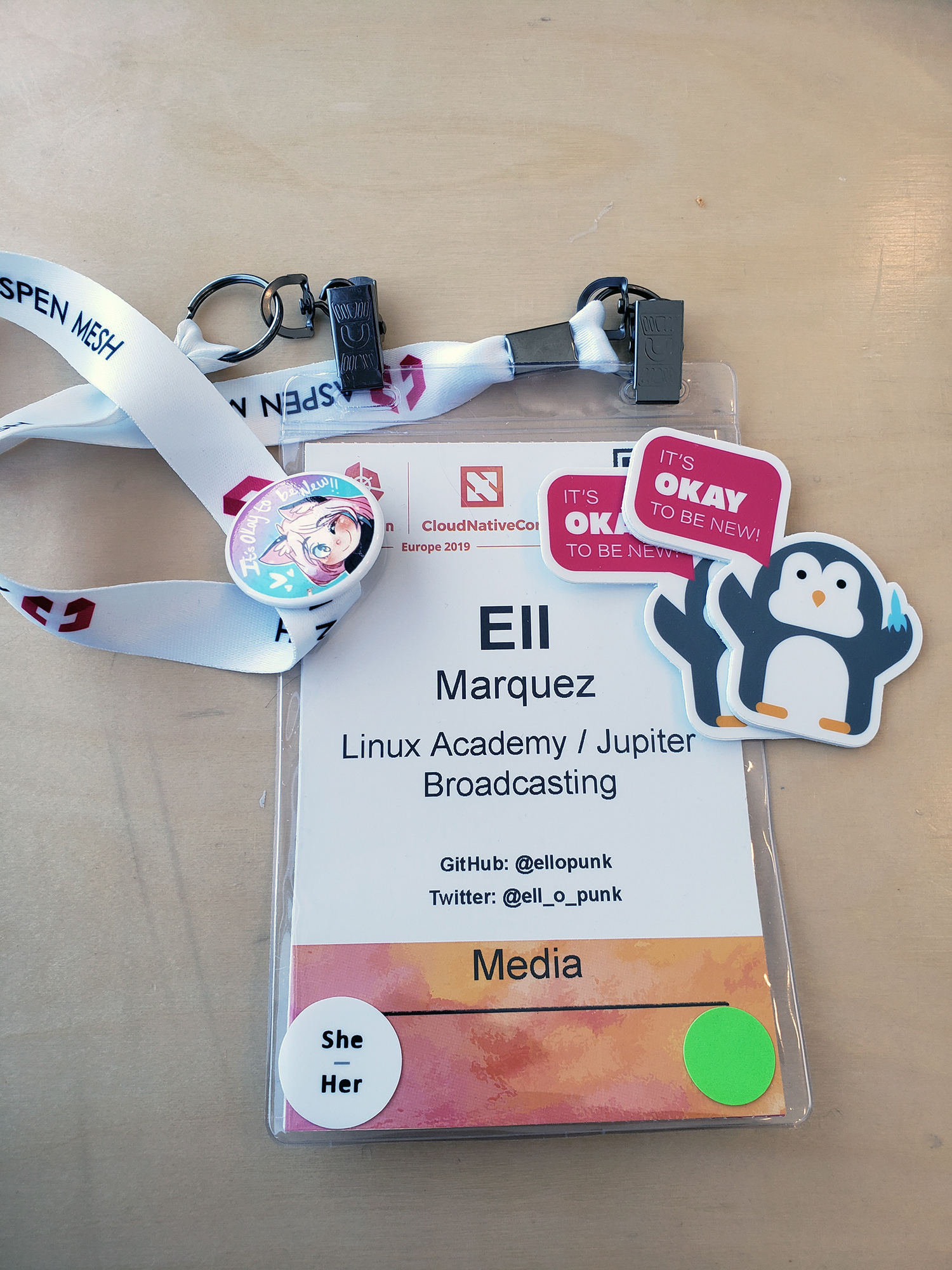
Wes Payne and I had a wonderful time getting to know the Kubernetes community, and we can't wait to share what we learned and saw while we were there! (Spoiler alert!: You may even be hearing more about a possible joint talk in the works.)
The reason that I am writing today, though is to tell you about my experience during the Kubecon Diversity Lunch and Hack event. I was extremely excited to have been chosen to lead one of the tables for this event as this was the first event I have attended of its kind that offered an opportunity for attendees to help grow soft skills but also the chance to get behind a keyboard and work on technical skills as well.
The event was organized in 14 different tables:
- Organizing Inclusive meetups and events
- Inclusion in Tech
- Taking your CKA
- Allies
- Mentoring: Empowering mentors.
- Inclusion in the Kubernetes Ecosystem
- Communication skills for tech
- Security in Kubernetes
- Running Kubernetes on Bare Metal
- Storage in Kubernetes
- Monitoring in Kubernetes
- Pair Programming- Contributing and Learning
- Hands-on Kubernetes – Install, cluster support, etc.
Looking at that list, I hope a few of you wondered which of those tracks I would be leading, but I think most of you might have guessed I was leading the discussion on empowering mentors. This is a subject that has been close to my heart for some time and I was excited to hear what others had to say on the subject. However, to keep the tradition of being brutally honest with you all I was terrified that no one would sign up for my table, after all, how could I compete with Security in Kubernetes (I'm even running a study group on the subject!) or any of the other great topics. In fact, many of my friends from the OpenStack world were leading those tables so I knew they were going to be good!
I'm happy to report that every seat at my table was filled! I had managers, trainers, students, contributors, and even my friend Betty Juno join me as a co-lead. Our task was to discuss what the Kubernetes (and maybe the OpenSource) community could be doing to empower mentors to be successful. The conversations started off a bit formal at first as I asked everyone to go around the table and introduce themselves and say a bit about why they had joined us. However the introductions quickly turned in to stories of hardships we had faced in mentorship, questions we were not sure how to answer and even being open that many of us there though we had often been mentors struggled with the feeling that we were not "good" enough or experienced enough to be taking on these roles. Because of this our conversation naturally found its way not to answer the question about what the community as a whole could be doing but what we at the table could be doing to empower ourselves better to be better mentors.

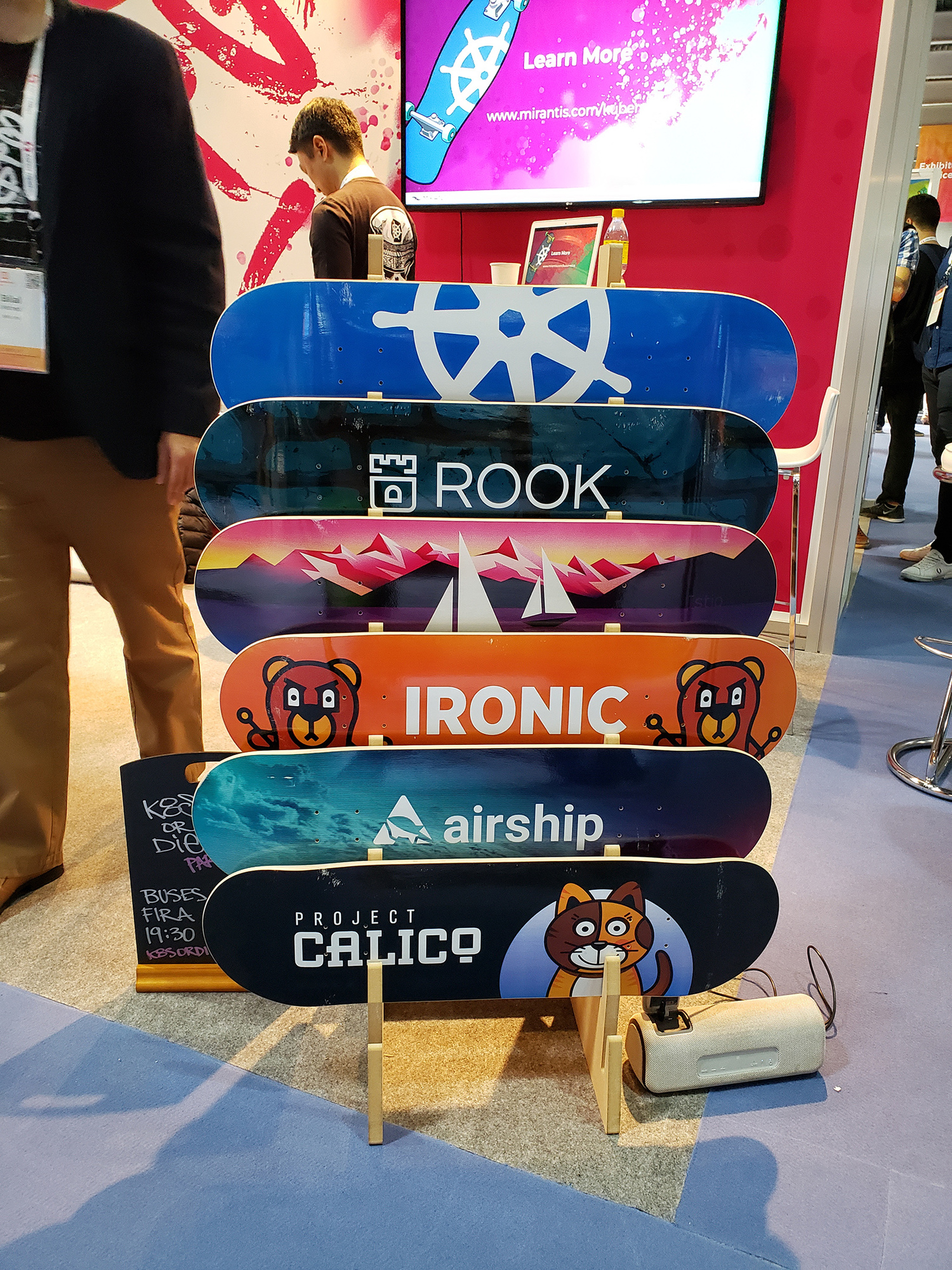
The answers we came up with however I think could be used by anyone.
Give credit and thanks to the people who take time to mentor. Often times we don't acknowledge the time and effort that individuals spend helping others grow and find their way in the tech field. We focus too much on projects and the development of tech and not on the people who help create them.
Remember that contribution is more than lines of code. Growing an open source community is not just growing the number of lines of code in a repository. People spend countless hours helping others learn to bug triage, writing documentation and hosting events to grow the contributor base; all of these are forms of mentorship that are important to the community.
Think of mentorship not as a relationship but as an opportunity to help, teach or share. The idea of being in a mentorship relationship is off-putting to many individuals. After all, you already work 40+ hours a week, you have family obligations and perhaps even feel you already don't have enough time to spend on your actual relationship with your partner/significant other how can you possibly find the time to take on a mentorship relationship!? So what if we change the word mentor to help. If someone is asking for help with a line of code they are struggling with can you find 10, 20, 30 min to look over their code and help them find an error? Could you find 30 min to do a brown bag for those looking to learn something new?
Remember you are good enough! Although many of us voiced fears of not being good enough to be mentors, we all said we stepped up and did it because we knew we had experience with something someone did not. Let me put it bluntly for you if you more than a weeks experience, maybe even a days experience, in any subject you already know more than someone out there who is wanting to learn.
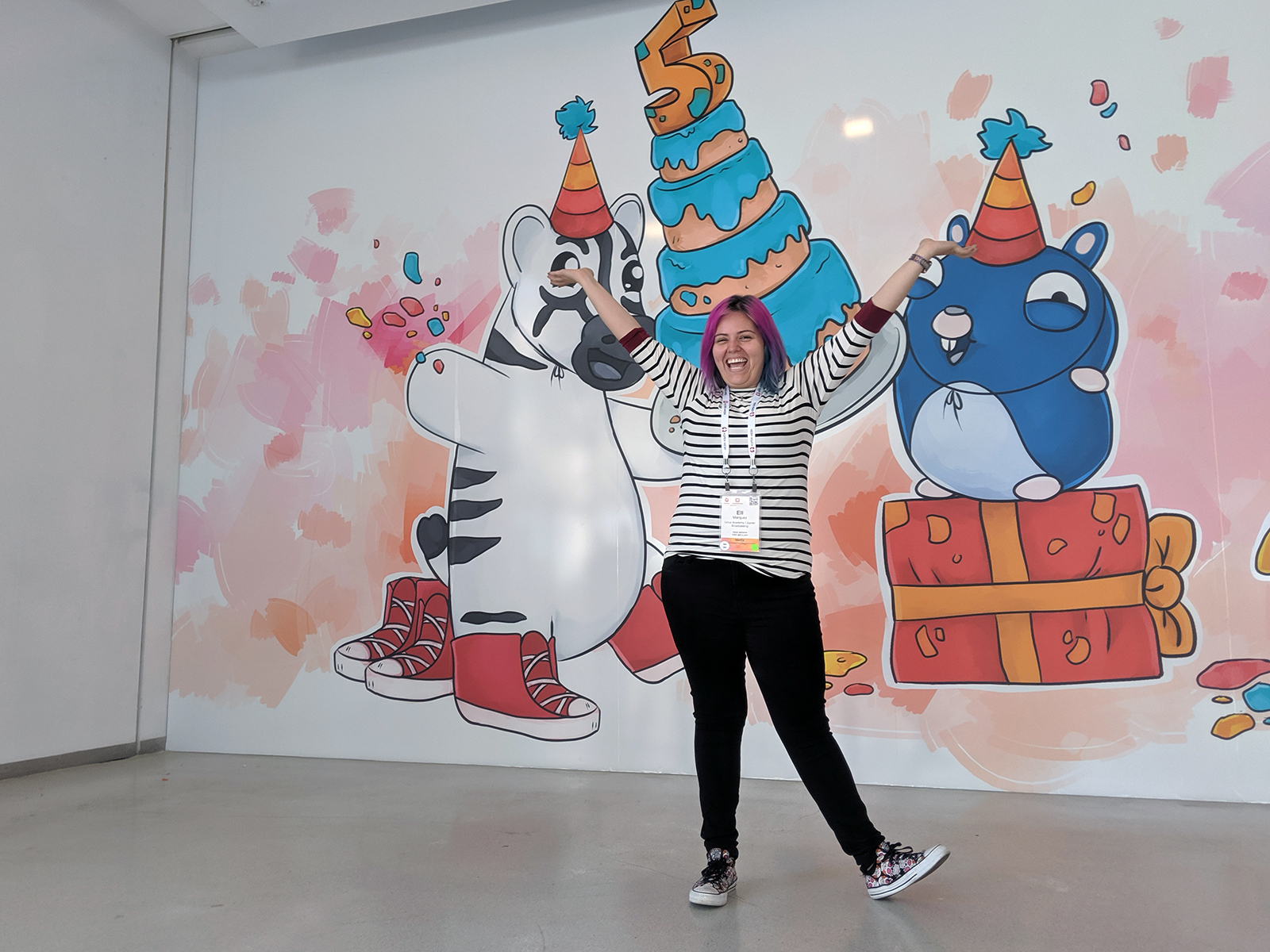
We also came up with one request we would have for those who would be , and that is: Be specific about what your ask is in both questions and time. Asking someone to help you "learn to code" is an enormous if not impossible ask. Spend time formulating what your ask really is. "I've been working on learning python, but I cant't figure out what's wrong with my while loop, might you have 10 min to help me understand the logic behind this" is much more likely to get you help than, "I wanna learn python can you teach me!?"

